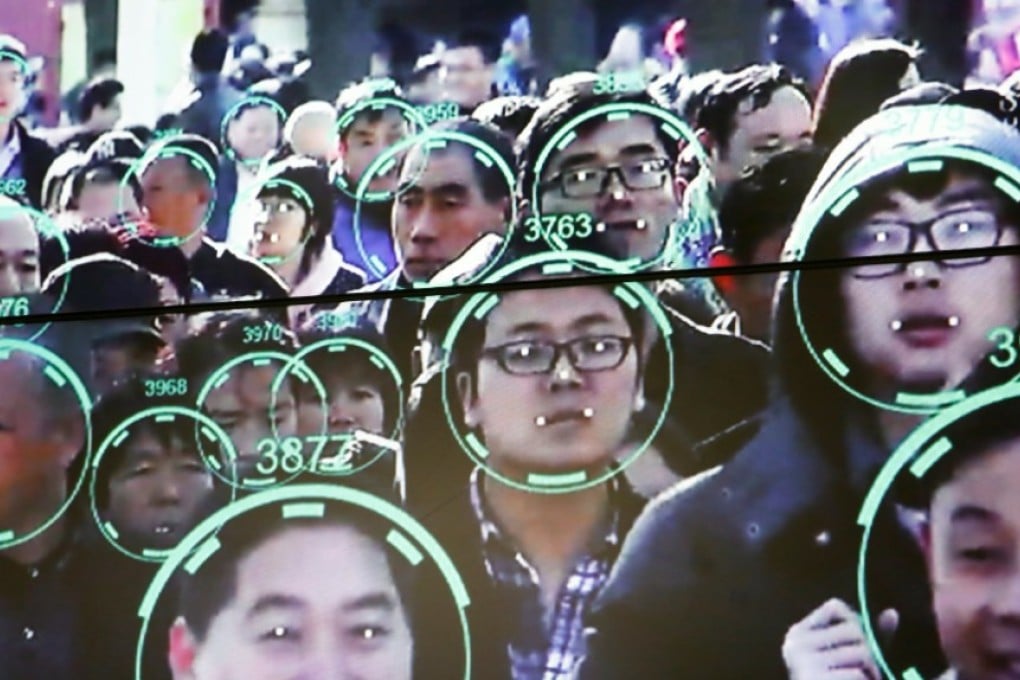Is China’s corruption-busting AI system ‘Zero Trust’ being turned off for being too efficient?
- Despite being restricted to just 30 counties and cities, artificial intelligence system has already helped snare 8,721 officials
- System cross-references big data to evaluate work and personal lives of millions of government workers

What would you do if you had a machine to catch a thief? If you were a corrupt Chinese bureaucrat, you would want to ditch it, of course.
Resistance by government officials to a groundbreaking big data experiment is only one of many challenges as the Chinese government starts using new technology to navigate its giant bureaucracy.
According to state media, there were more than 50 million people on China’s government payroll in 2016, though analysts have put the figure at more than 64 million – slightly less than the population of Britain.
To turn this behemoth into a seamless operation befitting the information age, China has started adapting various types of sophisticated technology. The foreign ministry, for instance, is using machine learning to aid in risk assessment and decision making for China’s major investment projects overseas.
Beijing has been developing a nationwide facial recognition system using surveillance cameras capable of identifying any person, anywhere, around the clock within seconds. In Guizhou, a cloud system tracks the movements of every policeman with a live status report.
President Xi Jinping has repeatedly stressed the necessity of promoting scientific and technological innovations such as big data and artificial intelligence (AI) in government reform.